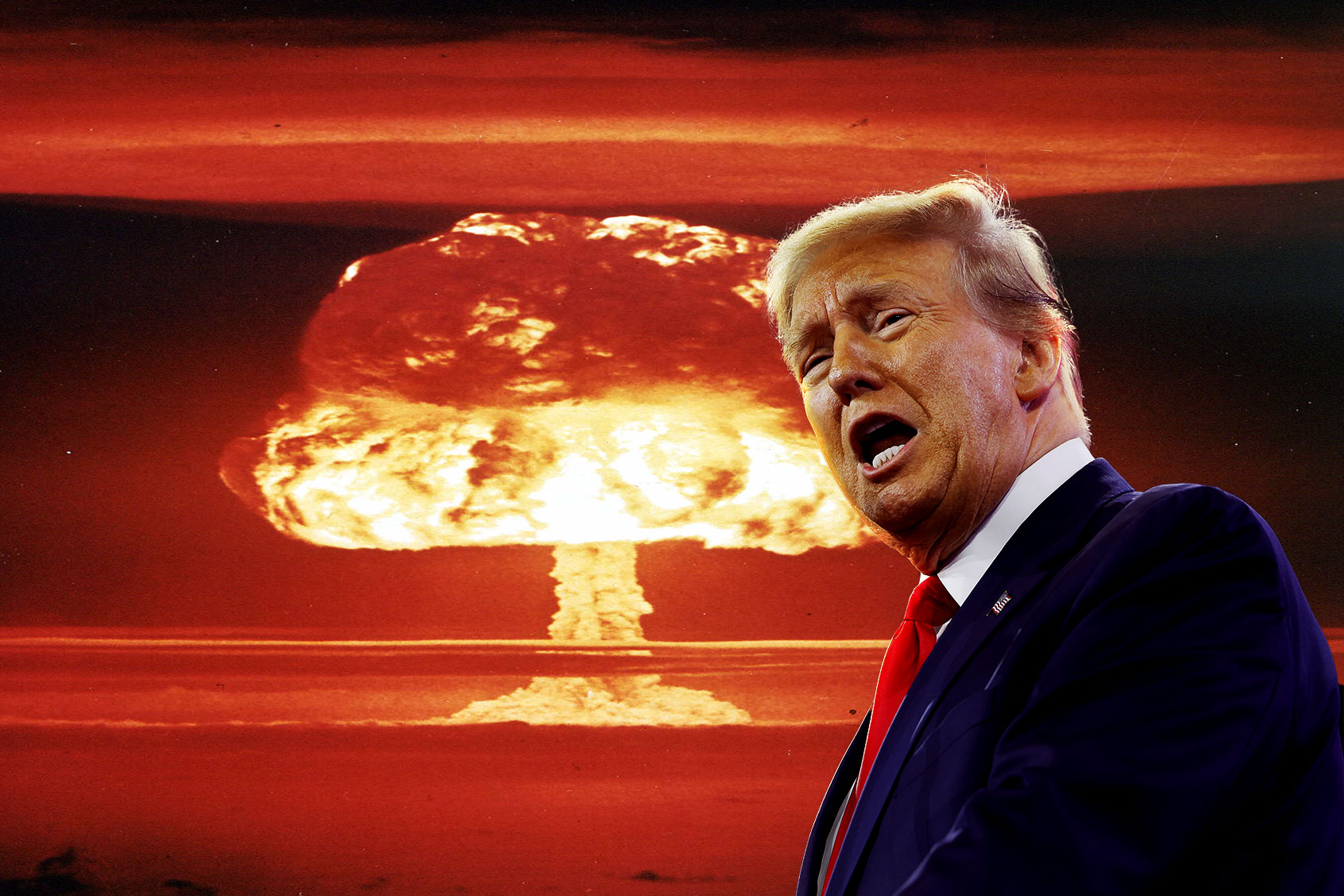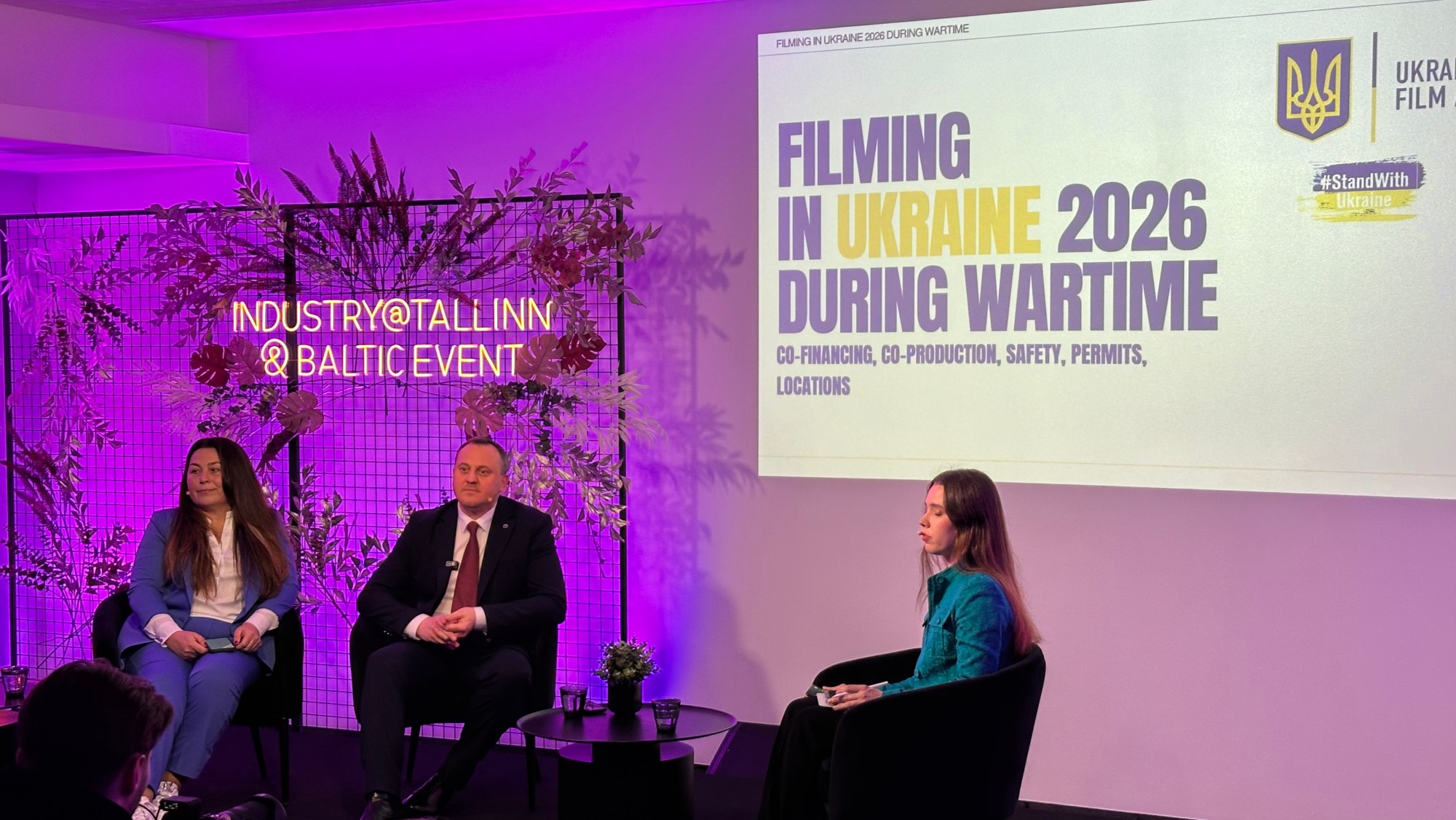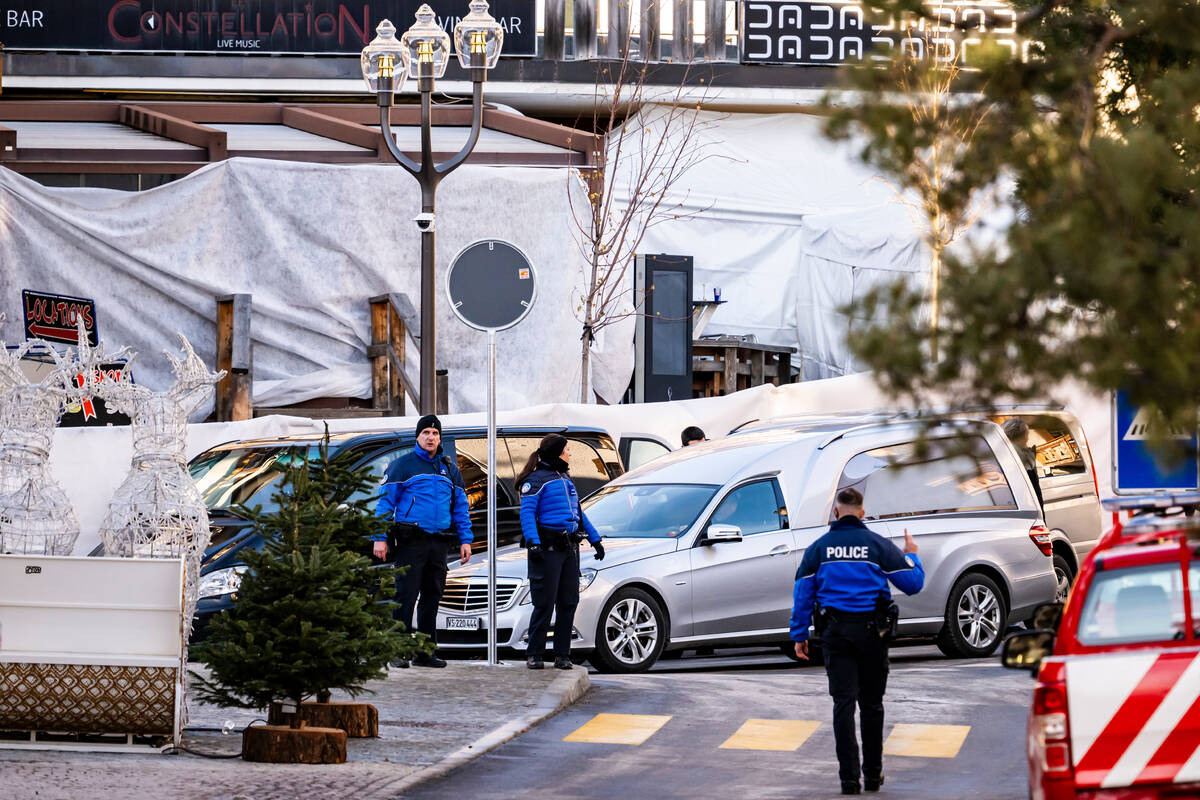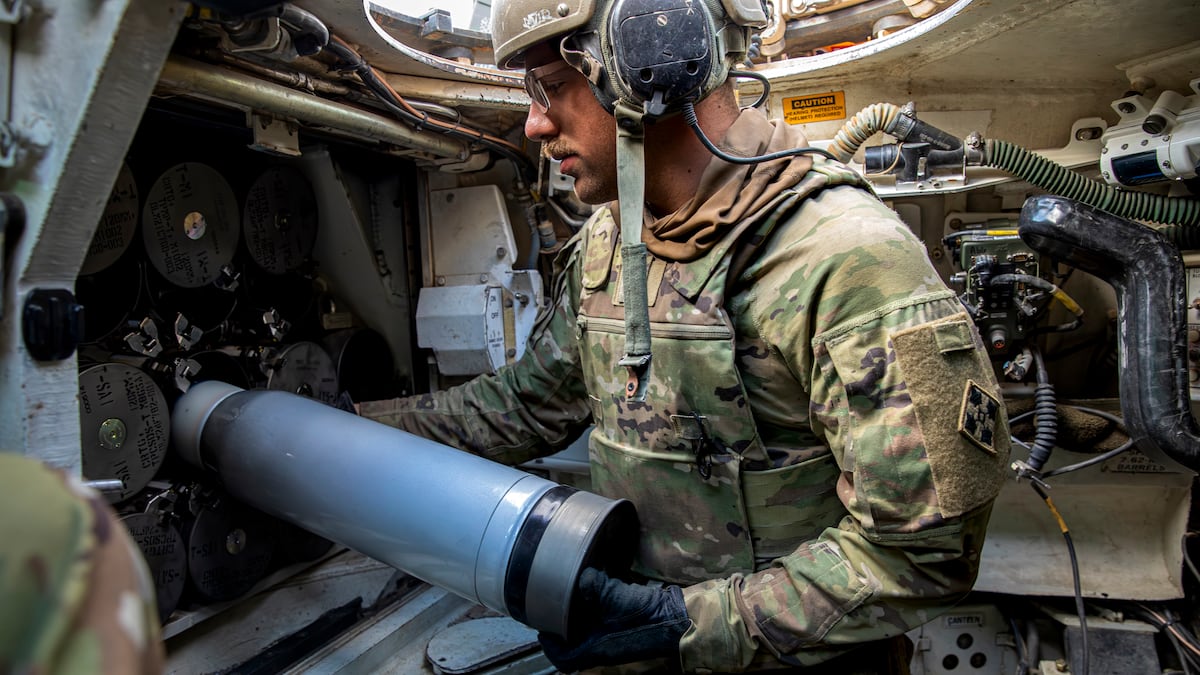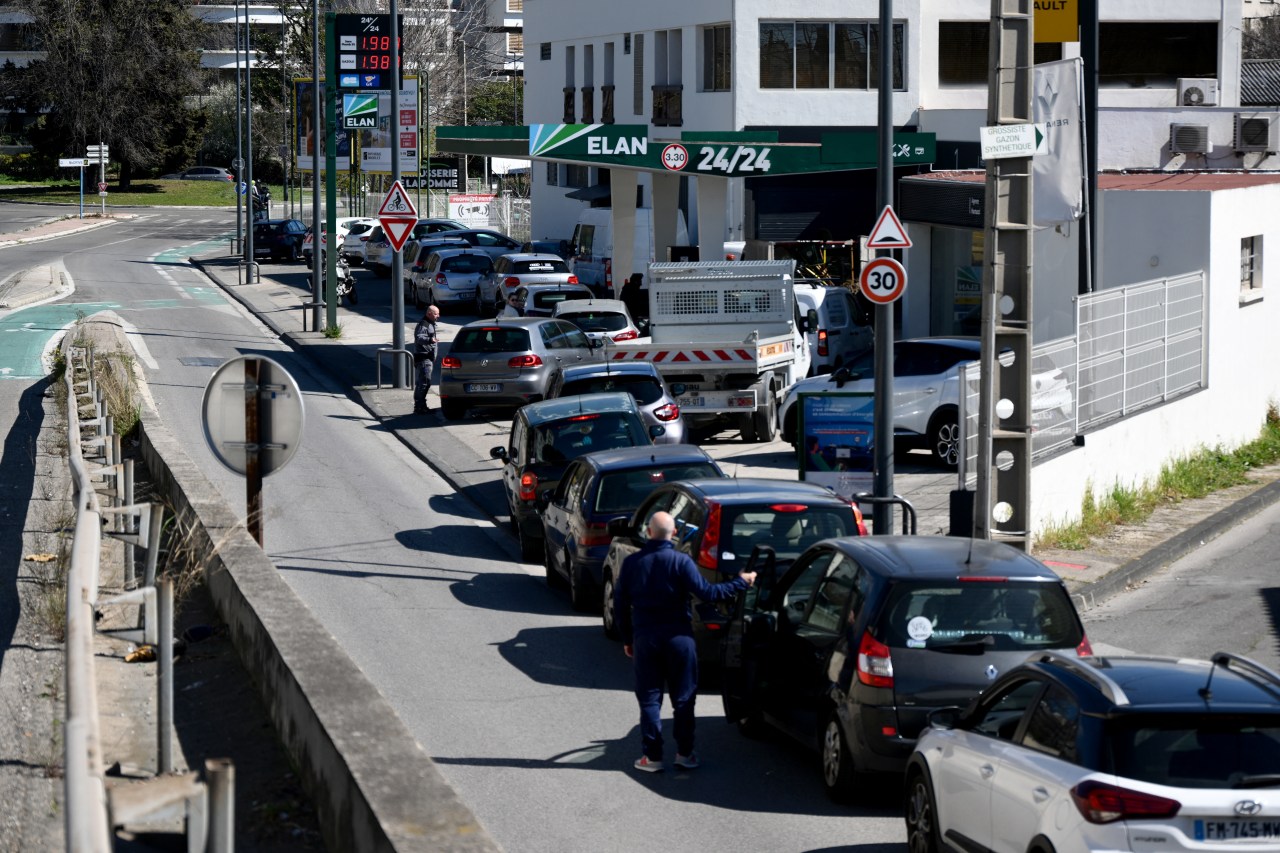President Donald Trump has announced plans to resume nuclear testing in the United States after a moratorium lasting over three decades. This decision comes amid concerns about global nuclear capabilities, despite no other nation, aside from North Korea, conducting tests in recent years. Trump’s remarks, made during his return from Asia, have raised eyebrows and prompted questions regarding the motivations behind this unexpected shift in policy.
The announcement has sparked significant debate, particularly given that the last nuclear tests by any country occurred in the 1990s. North Korea’s continued development of its nuclear arsenal under the leadership of Kim Jong Un remains a focal point, yet the U.S. has not faced immediate threats that would necessitate a resumption of its own testing. Critics suggest that Trump’s assertion about other nations testing nuclear weapons lacks factual basis, as most nuclear powers have adhered to voluntary testing moratoriums.
There are concerns about the implications of Trump’s decision. His past statements reveal a troubling understanding of nuclear policy. For instance, during the campaign trail in July 2016, he claimed, “Nuclear is so powerful, my uncle explained that to me many, many years ago,” referencing his uncle, Dr. John G. Trump, a physicist and engineer. Such claims suggest a reliance on familial connections rather than a strong grasp of nuclear strategy.
In previous interviews, Trump has shown an alarming lack of knowledge about nuclear capabilities. In a November 1984 interview with the Washington Post, he expressed a desire to negotiate arms agreements but lacked specific strategies. He claimed it would take him just an hour and a half to learn everything about missiles, indicating a superficial understanding of a complex issue.
During his presidency, Trump’s comments about nuclear weapons raised further concerns. Reports indicated that he had asked advisers why the U.S. could not use nuclear weapons and expressed confusion about the current state of the arsenal. At one point, he questioned why he could not have as many nuclear warheads as previous presidents, demonstrating a disconnect from historical arms control efforts.
The current geopolitical landscape complicates Trump’s proposal. Although some in the Department of Defense, like Undersecretary of Defense for Policy Elbridge A. Colby, have suggested a looser nuclear policy, experts argue that nuclear tests are unnecessary. The U.S. maintains a sophisticated system for assessing its nuclear capabilities without conducting explosive tests.
Military analysts, including Tom Nichols of The Atlantic, have noted that while nuclear tests do not bolster U.S. national security, they can escalate international tensions. During the Cold War, such tests were often used as a means of demonstrating resolve, but they also resulted in significant environmental and health consequences.
As Trump’s administration contemplates the ramifications of resuming nuclear tests, the potential dangers of such a policy shift become apparent. The lack of informed discourse surrounding nuclear strategy raises concerns about the decision-making process within the current administration. The prospect of Trump making critical decisions regarding nuclear capability without comprehensive understanding poses a significant risk.
In conclusion, Trump’s announcement to resume nuclear testing reflects a broader misunderstanding of the global nuclear landscape. As tensions continue to rise, the implications of his decisions could have lasting effects on international relations and national security. The responsibility of managing such an existential threat rests heavily on the shoulders of the current leadership, underscoring the importance of informed and cautious decision-making in matters of nuclear policy.

